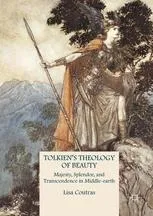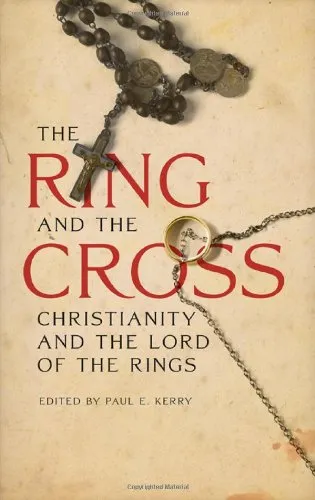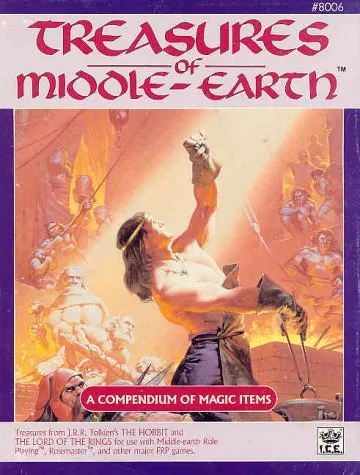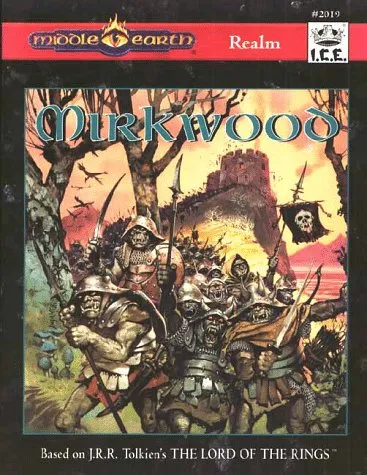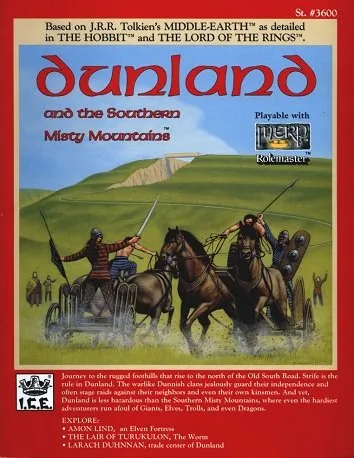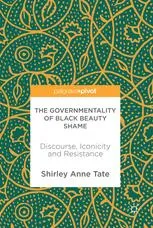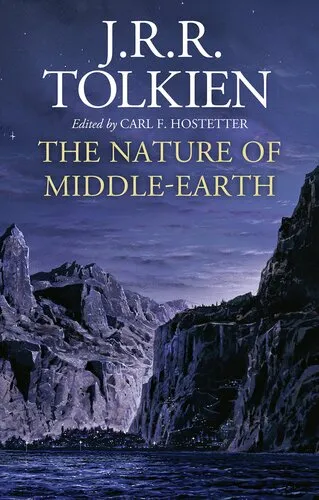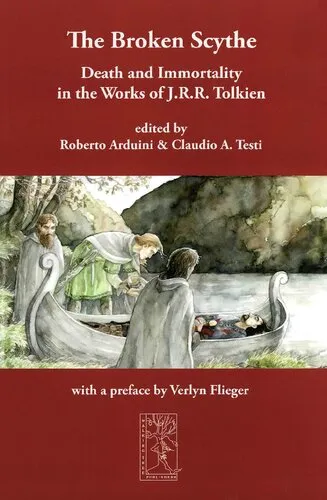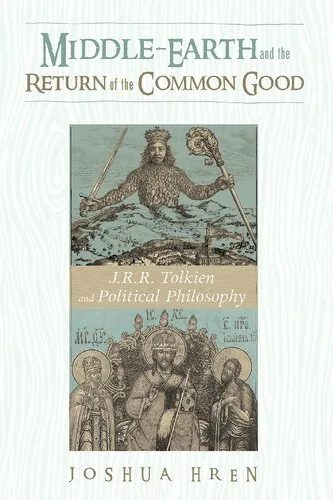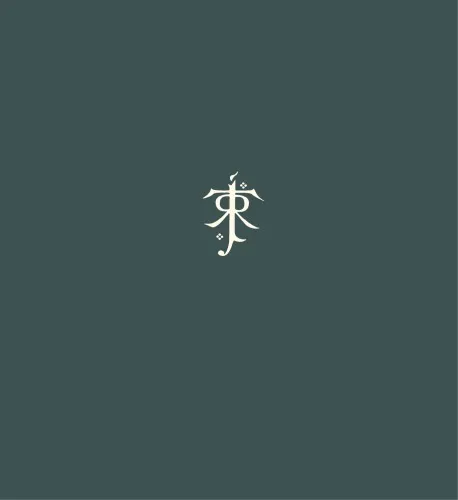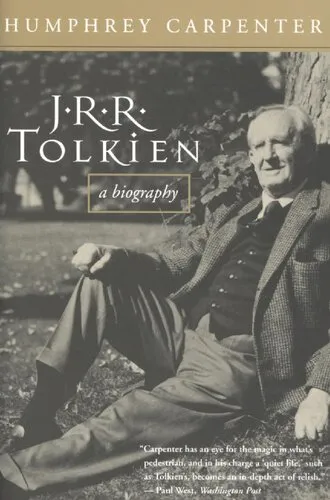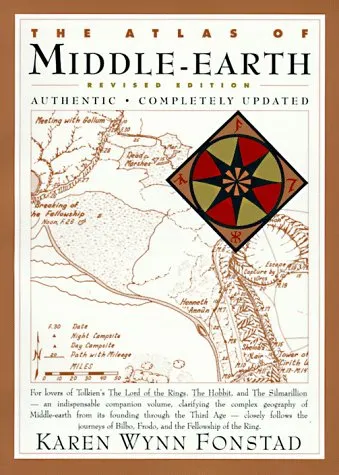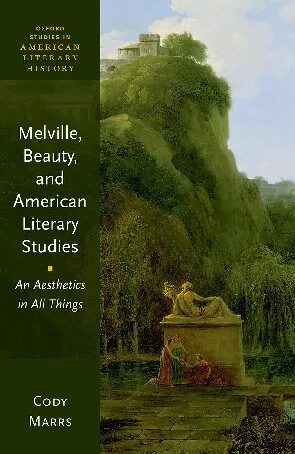Tolkien’s Theology of Beauty: Majesty, Splendor, and Transcendence in Middle-earth
4.5
Reviews from our users

You Can Ask your questions from this book's AI after Login
Each download or ask from book AI costs 2 points. To earn more free points, please visit the Points Guide Page and complete some valuable actions.Related Refrences:
Introduction to Tolkien’s Theology of Beauty: Majesty, Splendor, and Transcendence in Middle-earth
J.R.R. Tolkien’s legendary fictional universe, Middle-earth, is a literary tapestry interwoven with rich themes of beauty, majesty, and spiritual transcendence. In "Tolkien’s Theology of Beauty: Majesty, Splendor, and Transcendence in Middle-earth," author Lisa Coutras delves deeply into these themes, providing an insightful exploration of how Tolkien’s devout Catholic faith and his profound love for beauty shape the narratives of his mythological world.
Detailed Summary of the Book
Tolkien’s contributions to the fantasy genre are unparalleled, with Middle-earth functioning as both a captivating fictional setting and a vessel for profound theological musings. Lisa Coutras meticulously examines Tolkien’s works, notably "The Lord of the Rings" and "The Silmarillion," through the lens of theology, aesthetics, and philosophy. She identifies how Tolkien’s Catholic background and his professional interests in philology and ancient mythologies inform his depiction of beauty—a transcendent force wielded by both the good and the malevolent in Middle-earth.
Coutras outlines Tolkien’s vision of beauty as intricately tied to divine creation. She argues that for Tolkien, beauty is not merely an aesthetic quality but a beacon of divine truth and a reflection of God’s majesty. Middle-earth itself offers a stage where the ethereal and the mortal intersect, showcasing the struggle between light and darkness. Analyzing key characters like Frodo, Sam, Gandalf, and even the enigmatic Gollum, Coutras reveals the spiritual undertones woven into their journeys and relationships, stressing the transformative power of beauty and its ability to inspire hope and redemption.
Key Takeaways
- The presence of beauty in Middle-earth serves as a reflection of divine creation and truth.
- Tolkien’s depiction of beauty is multifaceted, emerging in both nature and the moral choices of characters.
- Beauty functions as a form of spiritual warfare, differentiating the forces of good from evil in Tolkien’s world.
- Understanding Tolkien’s work through a theological lens offers deeper insight into his storytelling and character development.
Famous Quotes from the Book
"Beauty, for Tolkien, is not simply an adornment to the world, but a fundamental aspect of divine truth and an echo of the Creator’s own majesty."
"In Middle-earth, the struggle for beauty is a battle for the soul, reflecting the values that Tolkien held dear."
Why This Book Matters
Lisa Coutras’s examination of J.R.R. Tolkien’s fictional universe through the prism of theological beauty presents a novel and enriching interpretation that appeals to both Tolkien enthusiasts and scholars of theology and literature. By illuminating the spiritual and philosophical dimensions of Middle-earth, Coutras enhances our understanding of Tolkien's narratives, providing an avenue to appreciate the depth of his myth-making. This book matters because it enriches the ongoing dialogue about Tolkien's work, offering a fresh perspective that underscores the relevance of beauty in the spiritual and moral fabric of his world.
Moreover, Coutras's insightful analysis invites readers to reflect on the relationship between faith, art, and storytelling, encouraging a broader exploration of how these elements can coalesce to produce enduring, transformative narratives. In a world where the pursuit of beauty is often overshadowed by pragmatism and materialism, "Tolkien’s Theology of Beauty" serves as a reminder of the profound impact that art and spiritual contemplation can have on our lives.
Free Direct Download
You Can Download this book after Login
Accessing books through legal platforms and public libraries not only supports the rights of authors and publishers but also contributes to the sustainability of reading culture. Before downloading, please take a moment to consider these options.
Find this book on other platforms:
WorldCat helps you find books in libraries worldwide.
See ratings, reviews, and discussions on Goodreads.
Find and buy rare or used books on AbeBooks.
1424
بازدید4.5
امتیاز0
نظر98%
رضایتReviews:
4.5
Based on 0 users review
Questions & Answers
Ask questions about this book or help others by answering
No questions yet. Be the first to ask!
